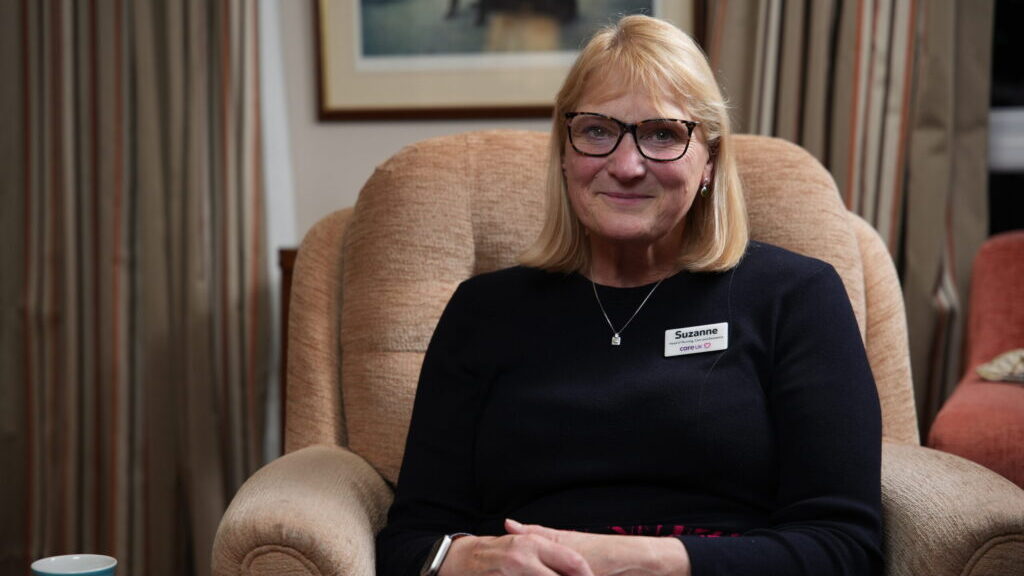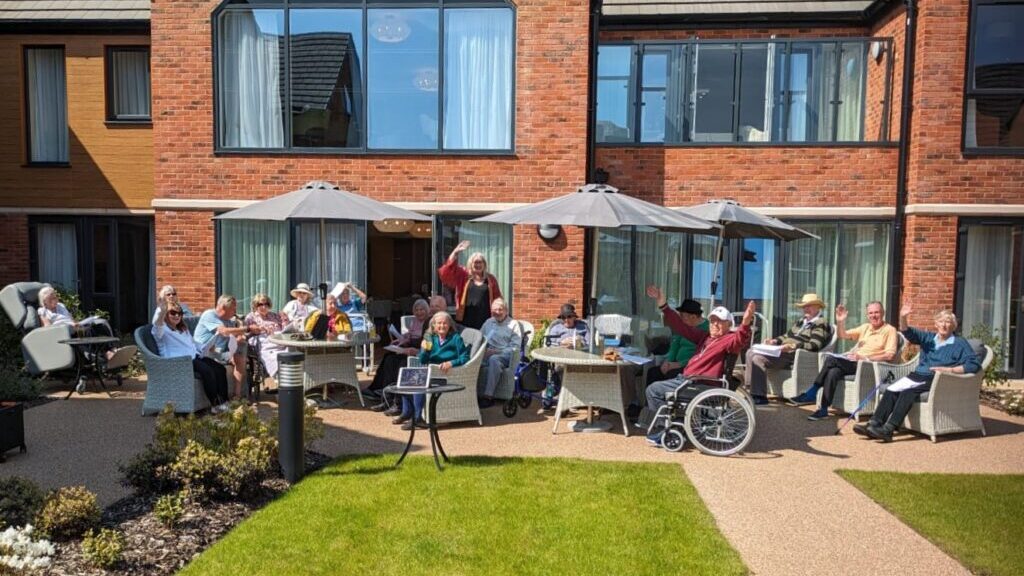More than just “memory loss”
With the coronavirus pandemic placing acute pressure on elderly care providers, it is deeply concerning to see new reports that as many as one in 10 dementia cases could have been missed during the pandemic. John Ramsay, managing director of Social-Ability, says people’s wellbeing must be at the forefront of addressing the backlog in dementia cases.
Across repeated national lockdowns, findings suggest that GPs made 50% fewer dementia assessments and 33% fewer referrals to memory clinics in the six months to April 2021, compared with the six months to March 2019.
However, as both the health and social care sectors respond to this backlog, the wellbeing of people with dementia is crucial. Put simply: a backlog in missed dementia cases must not be allowed to cause a new epidemic of loneliness and over-medication for people living with the condition.
One in ten cases missed
With referrals effectively paused during lockdown, this latest research suggests that as many as 50,000 people could currently be in the dark about their condition, unable to access support which is most effective at the earlier stages of the condition.
Further, these findings also underline the considerable disruption and devastation that people have faced to their daily routines and regular activities due to repeated national lockdowns. For many people living with dementia, this has already resulted in a deterioration in their mental health that will not simply reverse with the ending of legal social distancing measures.
In fact, 56% of people with dementia reported feeling completely isolated since the beginning of the pandemic and a third felt like giving up last year. While this has a significant impact for people’s mental health, it can also have grave consequences for physical wellbeing, with loneliness found to increase the likelihood of mortality by 26%.
With 1 in ten cases now thought to have been missed, not only could the delay in diagnosis further increase pressure on an elderly care sector already under significant strain, it suggests that the wellbeing impacts of living with dementia are even more widely spread than previously thought.
Better support against loneliness
Having lived with dementia in my own family, I know how devastating it can be for individuals and their loved ones. So, with estimates that global cases could triple by 2050, addressing this backlog is essential. After all, it is crucial that dementia care takes a person-centric approach, and that begins with speedy diagnosis for effective early-stage support.
However, this backlog could also be a watershed moment for NHS Trusts and elderly care providers to invest in long-lasting partnerships for therapeutic interventions – such as programmes using interactive light technology – that reduce over-medication, support weight gain and, most importantly, foster connections between people living with dementia and their support networks.
Ultimately, we know that loneliness can have a devastating impact for people living with dementia and that this is not simply a “pandemic problem”. For many, loneliness has become a devastating feature of everyday life, with the transition into care home settings naturally fuelling a sense of separation from one’s network of family and friends. Worryingly, a third of people living with dementia said they felt lonely pre-pandemic and, more troubling still, a third of people said they had lost friends following a diagnosis, according to the Alzheimer’s Society.
There are, however, accessible ways in which elderly care providers can support people living with dementia to build and foster important connections, using therapeutic interventions that prioritise holistic wellbeing across all stages of the disease and do not simply depend on medication as an approach to meetings people’s needs. For instance, interactive games that use light projection can be a crucial means for people to build meaningful bonds with their family, fellow residents and support team while living in a care home setting.
More than just memory loss
At Alexandra Grange, a Berkshire-based Hallmark home where residents have been introduced to the Happiness Programme – a structured implementation framework that combines interactive technology with a supportive programme of training for staff – such measures have made a major difference.
For one resident who had stopped communicating verbally as their dementia had progressed, taking part in the games helped them to regain some of their vocabulary and communicate with fellow residents and support staff. When family visited, interactive play offered the chance to engage with their young grandchildren – bursting bubbles together that were projected onto the individual’s bed.
Often, dementia is thought of in terms of lost memories, but these memories can in fact still form the basis of stimulating games. After all, the joy we get from fun, engaging activities is universal – providing an important opportunity for intergenerational play and to create cherished moments of happiness for all of the family. For example, a photograph can be projected through interactive light technology for individuals and their families to colour in together.
Preventing over-medication
Memory loss is often considered the archetypal symptom of dementia due to Alzheimer’s disease, which is the most common cause of the condition. But this can also lead to under-recognition of dementia if and when individuals present with other symptoms.
For instance, frontotemporal dementia may present first through language problems or changes in personality and behaviour, rather than memory loss. It is for this reason that holistic therapeutic interventions such as interactive light technology – which prioritises sensory stimulation alongside relaxation and reminiscence – can be so invaluable for people suffering with all symptoms and at all stages of the disease.
But for older people living with conditions such as dementia, over-medication remains one of the most critical issues in their support. Costing the NHS an estimated £250 million annually, care home residents are prescribed an average of seven medicines a day, with many taking 10 or more. This is something that the NHS is already trying to address within its “Long Term Plan”, while schemes such as the Happiness Programme provide an effective long-term intervention that can drive forward this process and reduce dependence on anti-psychotic medications.
Where next?
Ultimately, dementia is far more than just a “memory loss disease”. It impacts on all areas of people’s lives and does so through varying symptoms. With the social care sector now facing backlog of as many as 50,000 dementia diagnoses missed during lockdowns, it is crucial this thought remains front of mind.
By investing effectively in partnerships and training for long-term therapeutic interventions, elderly care providers can prevent a new epidemic in loneliness and over-medication for those who are diagnosed with dementia. The focus should be prioritising connections, happiness and holistic wellbeing for everyone living with the condition.



